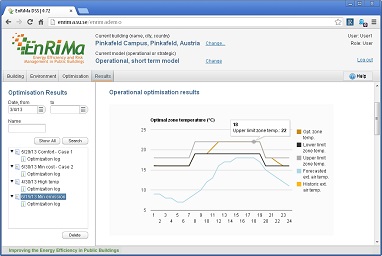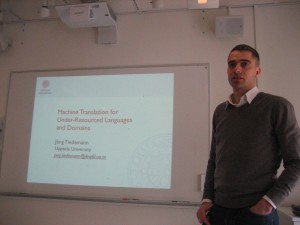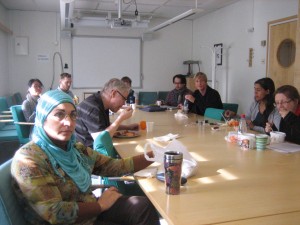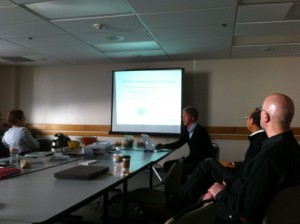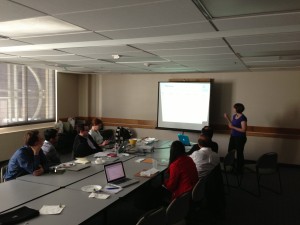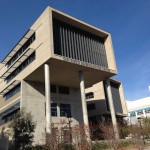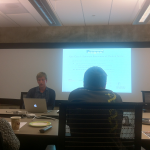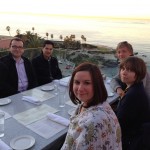Here is a call for chapters to the book entitled “Modern Techniques for Successful IT Project Management” (Editors: Shang Gao and Lazar Rusu) scheduled to be published by IGI Global in 2014. The book objective is to brings together the latest academic research and professional practice, covering aspects related to modern techniques for successful IT project management.
Recommended topics include, but are not limited to, the following:
- Virtual project management
- Agile project management
- Project success
- Risk management
- Outsourcing or distributed projects
- Project management methodologies
- Project quality metrics or standards
- IT project governance
- Project controlling practices
- Best practices in IT outsourced projects
- Relationships in IT outsourced projects
- Project lifecycle management
- Modeling approach for IT project management
- Managing IT outsourced projects
- Coordination of IT projects
- Theories used in IT project management
- Pedagogical issues on modern techniques for IT project management
Important Dates:
December 15, 2013: Proposal Submission Deadline
January 15, 2014: Notification of Acceptance
February 28, 2014: Full Chapter Submission
April 30, 2014: Review Results Returned
June 15, 2014: Final Chapter Submission
July 15, 2014: Final Deadline
For more information about this call for chapters please access the following link: http://www.igi-global.com/publish/call-for-papers/call-details/1100
